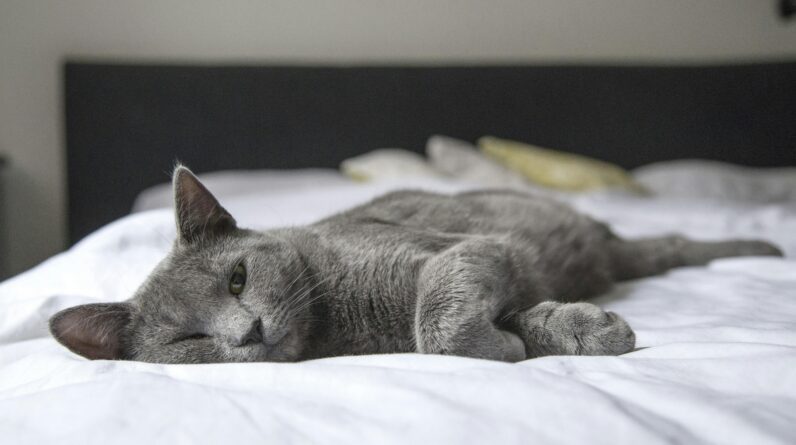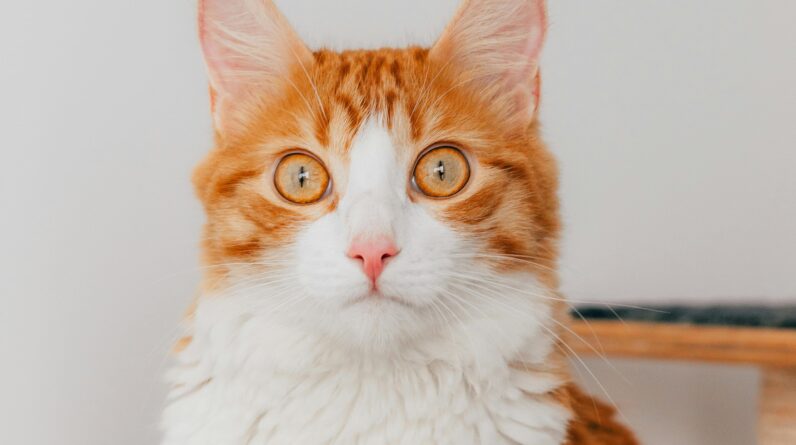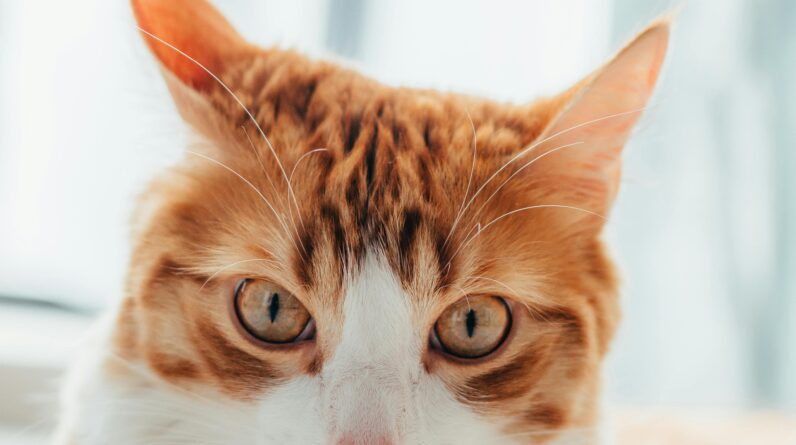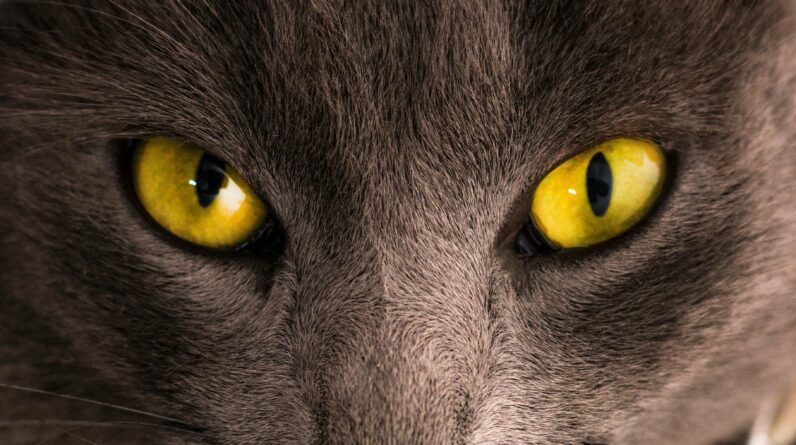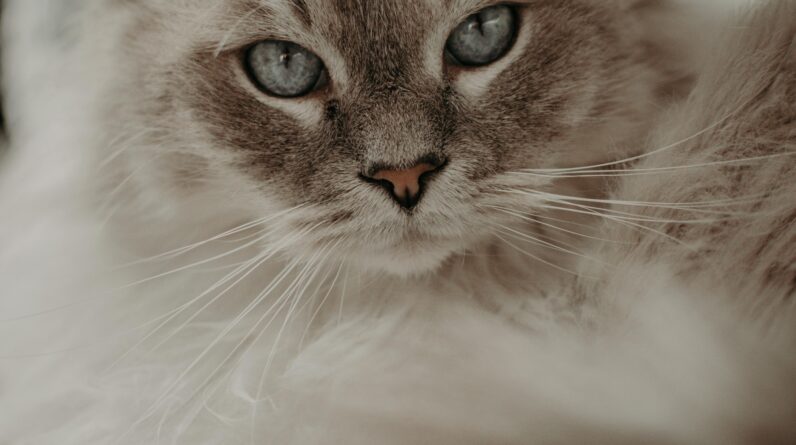
The Essential Guide to Dietary Supplements for Ginger Cats
Caring for a ginger cat?
You might wonder if their fiery fur needs special nutritional support.
Ginger cats, like all felines, require a balanced diet, but certain supplements can enhance their health and wellbeing.
This guide explores the best dietary supplements specifically beneficial for your ginger companion.


Understanding Ginger Cat Nutrition
Ginger cats are more than just cute.
They need special care in their diet.
Like all felines, they do best with lots of protein.
But, their fluffy coats and stomach health can benefit from extra nutrients.
Adding supplements can help.
These boost their overall health.
They ensure your ginger cat stays healthy and happy.
This is key for their long-term well-being.
Supplements can make a big difference.
They support areas that regular cat food might not cover.
This keeps your ginger cat in top shape.
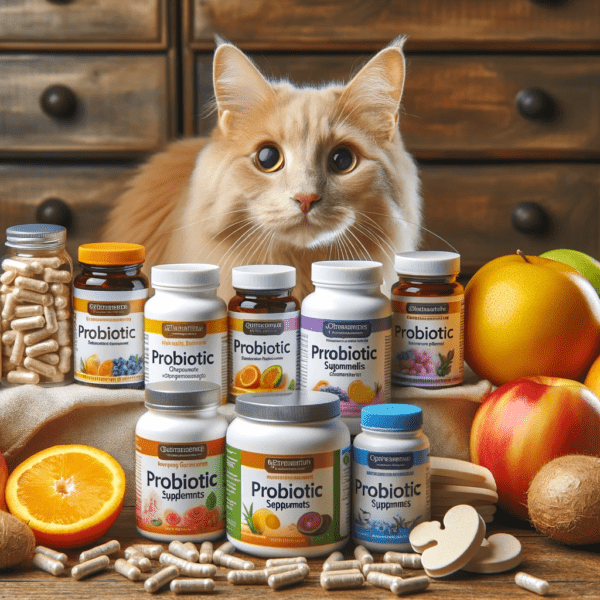

Key Supplements for Ginger Cats
Omega-3 Fatty Acids
They are vital. They keep your cat’s coat shiny and skin healthy.
These acids are in fish oil supplements.
They help lessen inflammation. Plus, they are good for your cat’s heart.
Probiotics
They are key for a healthy gut.
They help your ginger cat’s digestion.
This makes sure your cat gets all the nutrients from their food.
It keeps their stomach happy and healthy.
Antioxidants
They are also important.
Vitamins E and C are good examples.
They boost your cat’s immune system.
They fight off cell damage.
This is really important for cats who spend time outdoors.
They face more things that can cause stress to their bodies.
Taurine
It is a must-have amino acid.
It’s crucial for all cats.
It keeps their hearts and eyes healthy.
Most cat foods have taurine.
But adding extra can help.
This is especially true if your cat’s diet varies in protein.
It ensures they get enough of this important nutrient.
Where to buy them?
Getting the right supplements for your ginger cat is straightforward.
Pet Stores
Many pet stores, both local and online, offer a wide range of supplements.
You can find omega-3 fatty acids, probiotics, antioxidants, and taurine supplements specifically designed for cats.
Staff at these stores can also provide helpful advice.
Veterinary Clinics
Your vet can not only recommend specific supplements but may also sell them.
Buying from a vet ensures you’re getting high-quality products that are safe and suitable for your cat’s specific needs.
Online Retailers
Websites specializing in pet care products often have a broad selection of supplements.
They sometimes offer more variety than physical stores, and you can easily compare different products and read customer reviews.
Pharmacies or Health Food Stores
Some human-grade supplements can be suitable for cats.
However, it’s essential to consult with your vet before using these, as cats have different dosage requirements and sensitivities compared to humans.
Supermarkets
Larger supermarkets might have a pet care section where basic supplements are available.
These are more accessible but may have a limited range compared to specialized stores.
Remember: Always check with your veterinarian before adding any supplements to your cat’s diet.
They can advise on the best type and dosage for your ginger cat’s specific health needs.
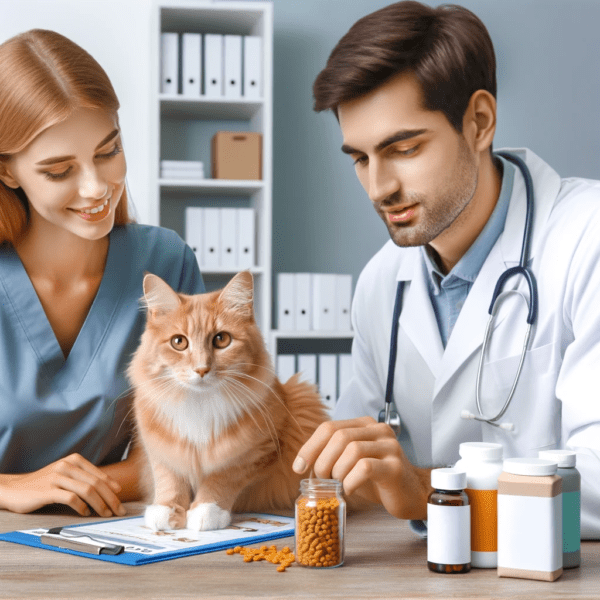

Choosing the Right Supplement
When choosing supplements, remember quality matters.
Aim for products that vets recommend.
These are usually safer and more effective.
Stay away from supplements with fillers or fake additives.
These can be harmful. Start with small amounts of the supplement.
Watch your cat closely. Look for any signs of allergies or stomach problems.
If you see anything unusual, stop the supplement.
Then, talk to your vet. This careful approach helps keep your cat safe and healthy.
Always focus on what’s best for them.
Consult Your Vet: Before adding any supplement to your ginger cat’s diet, consult with a veterinarian.
They can provide personalized advice based on your cat’s health, age, and lifestyle.
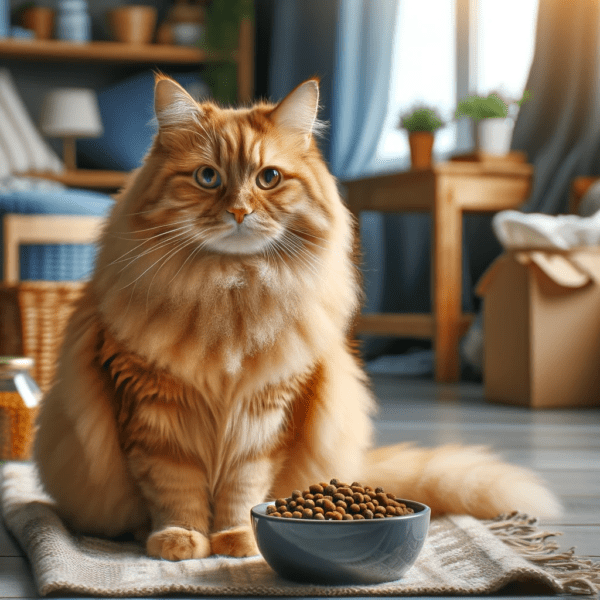

When selecting a brand, consider the following:
Veterinarian Approval
Look for brands that are recommended by veterinarians.
Products that vets commonly suggest are usually of higher quality and safety.
Reputation and Reviews
Research the brand’s reputation.
Look for customer reviews and testimonials.
Positive feedback from other pet owners can be a good indicator of a product’s effectiveness.
Quality Ingredients
Check for high-quality, natural ingredients.
Avoid brands that use unnecessary fillers, artificial colors, or preservatives.
Transparency
Good brands are transparent about their ingredients and manufacturing processes.
They should provide detailed information about what’s in their supplements and where they are made.
Specialization
Some brands specialize in cat health products.
These companies may offer more tailored and effective solutions for specific cat needs.
Certifications
Look for certifications or approvals from pet health organizations or regulatory bodies.
This can indicate adherence to quality and safety standards.
Formulation
Consider the form of the supplement (e.g., chewable tablets, powder, liquid) and choose one that will be easiest for you to administer to your cat.
Remember, the best supplement for your cat will depend on its specific health needs and preferences.
It’s always a good idea to consult with your vet before introducing any new supplement to your cat’s diet.
They can provide personalized recommendations based on your cat’s health history and dietary needs.
How to Give Supplement to Your Ginger Cat?
Giving supplements to cats can sometimes be challenging, but with the right approach, it can be made easier.
Mix with Food
The easiest way is to mix the supplement into your cat’s food.
Use wet food if possible, as it can better mask the taste and texture of the supplement.
Use Treats
Some supplements come in treat form, or you can hide the supplement in a tasty treat.
This can make your cat think it’s getting a special snack.
Go Slowly
If your cat is picky, start with a smaller amount of the supplement and gradually increase to the full dose.
This gives your cat time to get used to any new taste or texture.
Use a Pill Dispenser
If the supplement is in pill form, a pill dispenser can be a handy tool.
It’s designed to make pill-giving more straightforward and less stressful for both you and your cat.
Praise and Reward
After your cat takes its supplement, offer lots of praise and a favorite treat.
This positive reinforcement can make future supplement-giving easier.
Be Patient
Patience is key.
If your cat refuses the supplement at first, don’t force it.
Try again later, or consult with your vet for alternative methods.
Check the Flavor
Some supplements are flavored to be more appealing to cats.
Look for flavors that your cat enjoys, like fish or chicken.
Consult Your Vet
If you’re having trouble, talk to your vet.
They might have additional tips or alternative supplement forms that could work better for your cat.
Remember, every cat is different, so what works for one might not work for another.
It might take some trial and error to find the best method for your furry friend.
| Supplement | Purpose | Possible Side Effects | How Often to Take |
|---|---|---|---|
| Omega-3 Fatty Acids
| Enhances coat health, reduces inflammation | Rare but can include diarrhea or allergic reactions | Daily, as per product instructions or vet’s advice |
| Probiotics
| Supports digestive health, ensures nutrient absorption | Minor digestive upset initially | Daily or as advised by vet |
| Antioxidants (Vitamins E & C)
| Boosts immune health, combats oxidative stress | Uncommon, but can include stomach upset | Daily, following product guidelines |
| Taurine
| Supports heart and eye health | Rare, but over-supplementation can cause issues | Daily, in line with dietary needs and vet’s recommendation |
Supplements can play a vital role in supporting the health of ginger cats.
By choosing the right products and consulting with your vet, you can ensure your furry friend stays healthy and vibrant.
FAQs:
Q: Why do ginger cats need dietary supplements?
A: While all cats require a balanced diet, ginger cats may benefit from supplements to enhance coat health, digestion, and overall wellbeing.
Supplements can provide additional nutrients that regular cat food might not fully cover.
Q: What are the essential supplements for ginger cats?
A: Key supplements include Omega-3 fatty acids for skin and coat health, probiotics for digestive health, antioxidants like vitamins E and C for immune support, and taurine for heart and eye
health.
Q: Can I give human supplements to my ginger cat?
A: It’s not recommended to give human supplements to cats without consulting a vet.
Cats have specific nutritional needs and dosages, which human supplements might not meet.
Q: How do I introduce supplements to my cat’s diet?
A: Start with small amounts and gradually increase to the recommended dosage.
Mix the supplement with their regular food, and monitor your cat for any adverse reactions.
Q: Are there any side effects of cat supplements?
A: While most supplements are safe, some cats may experience side effects like allergies or digestive upset.
Consult your vet if you notice any unusual symptoms.
Q: How do I choose a high-quality supplement for my ginger cat?
A: Look for vet-recommended products with high-quality, natural ingredients.
Avoid supplements with unnecessary fillers or artificial additives.
Q: How often should I give supplements to my ginger cat?
A: The frequency will depend on the supplement type and your cat’s specific needs.
Always follow the dosage instructions on the product or as advised by your vet.
Q: Do all ginger cats need dietary supplements?
A: Not necessarily. The need for supplements depends on the individual cat’s health, diet, and lifestyle.
Consult with a veterinarian to determine if your ginger cat could benefit from supplements.



